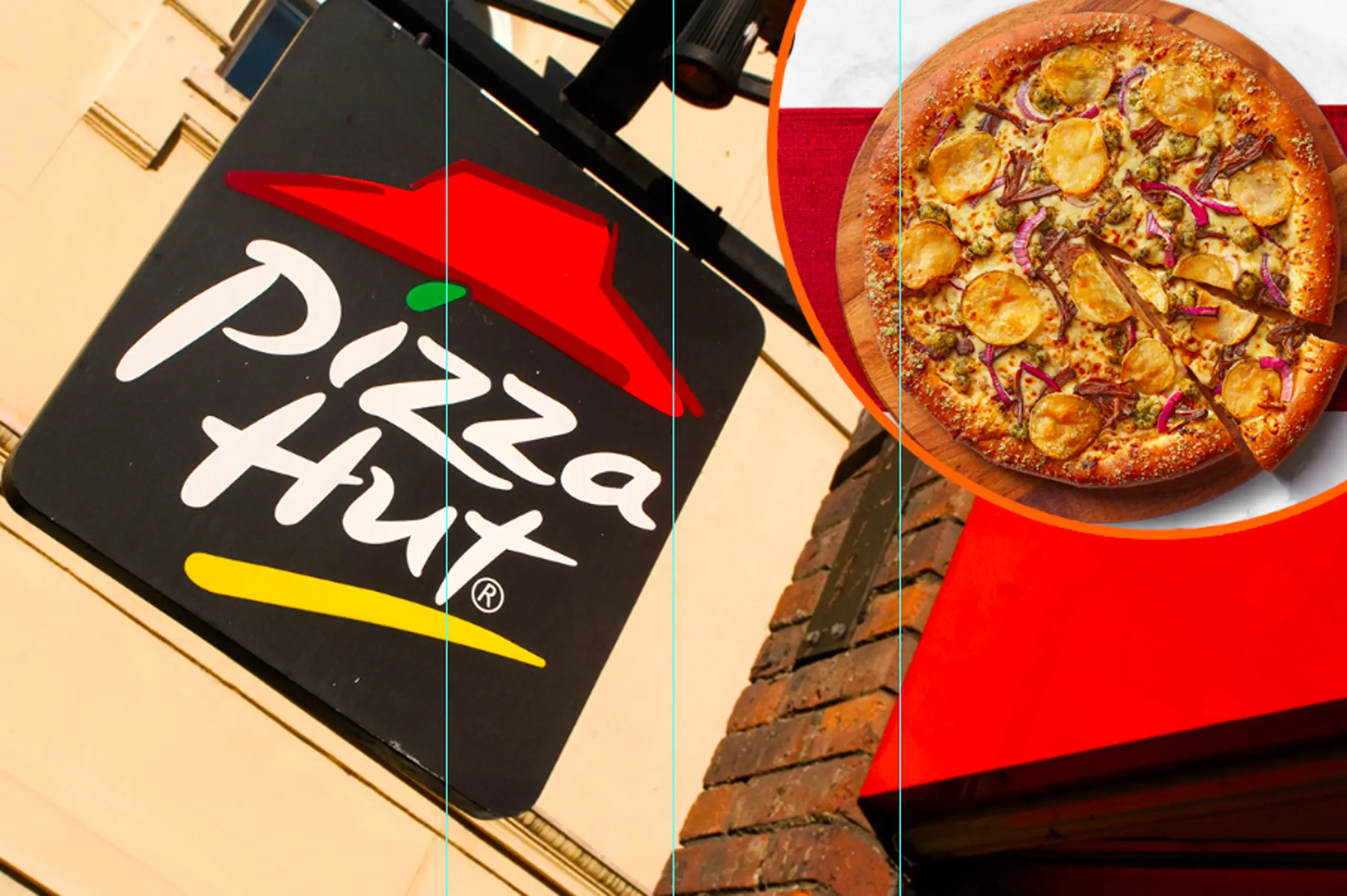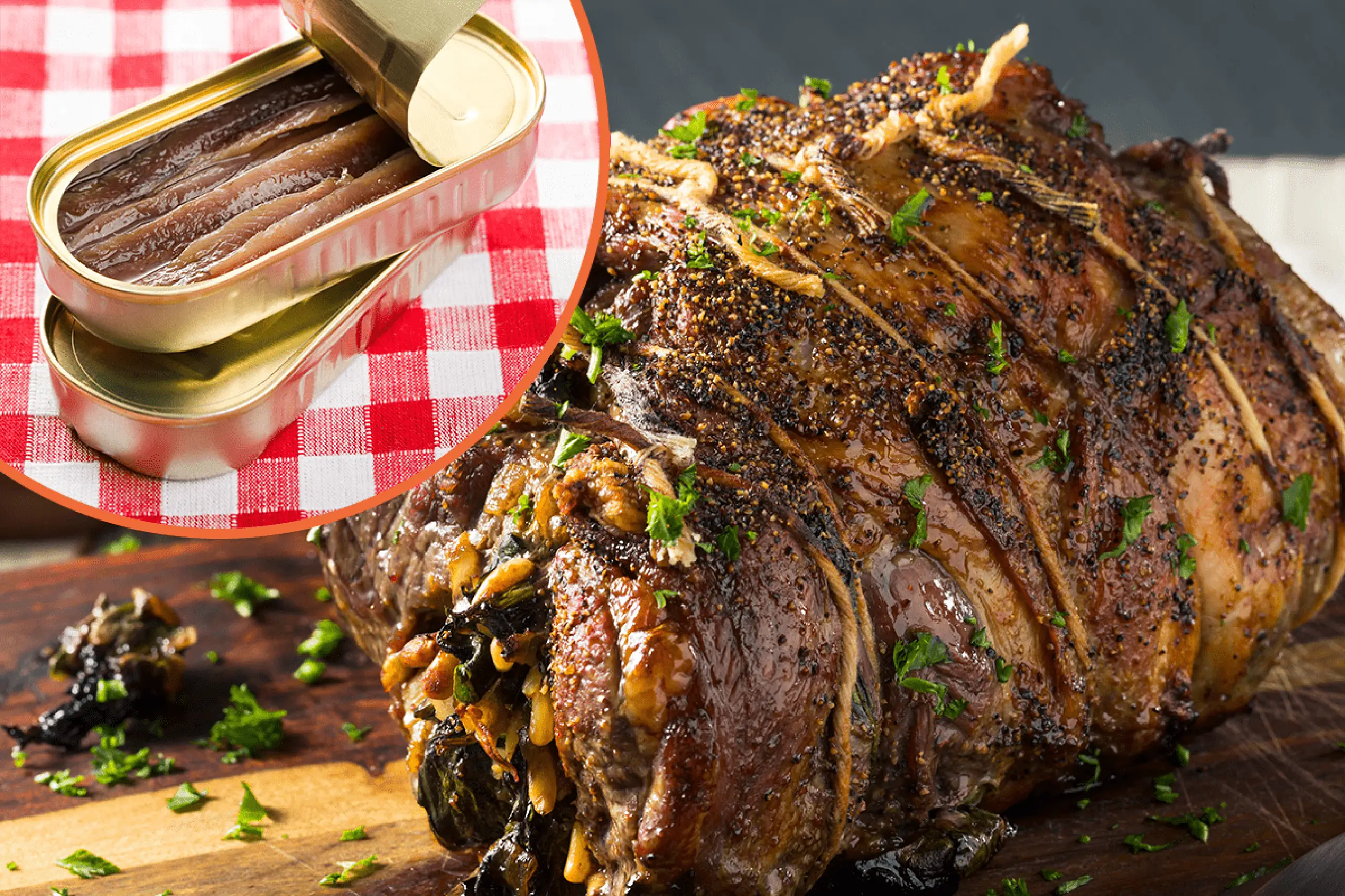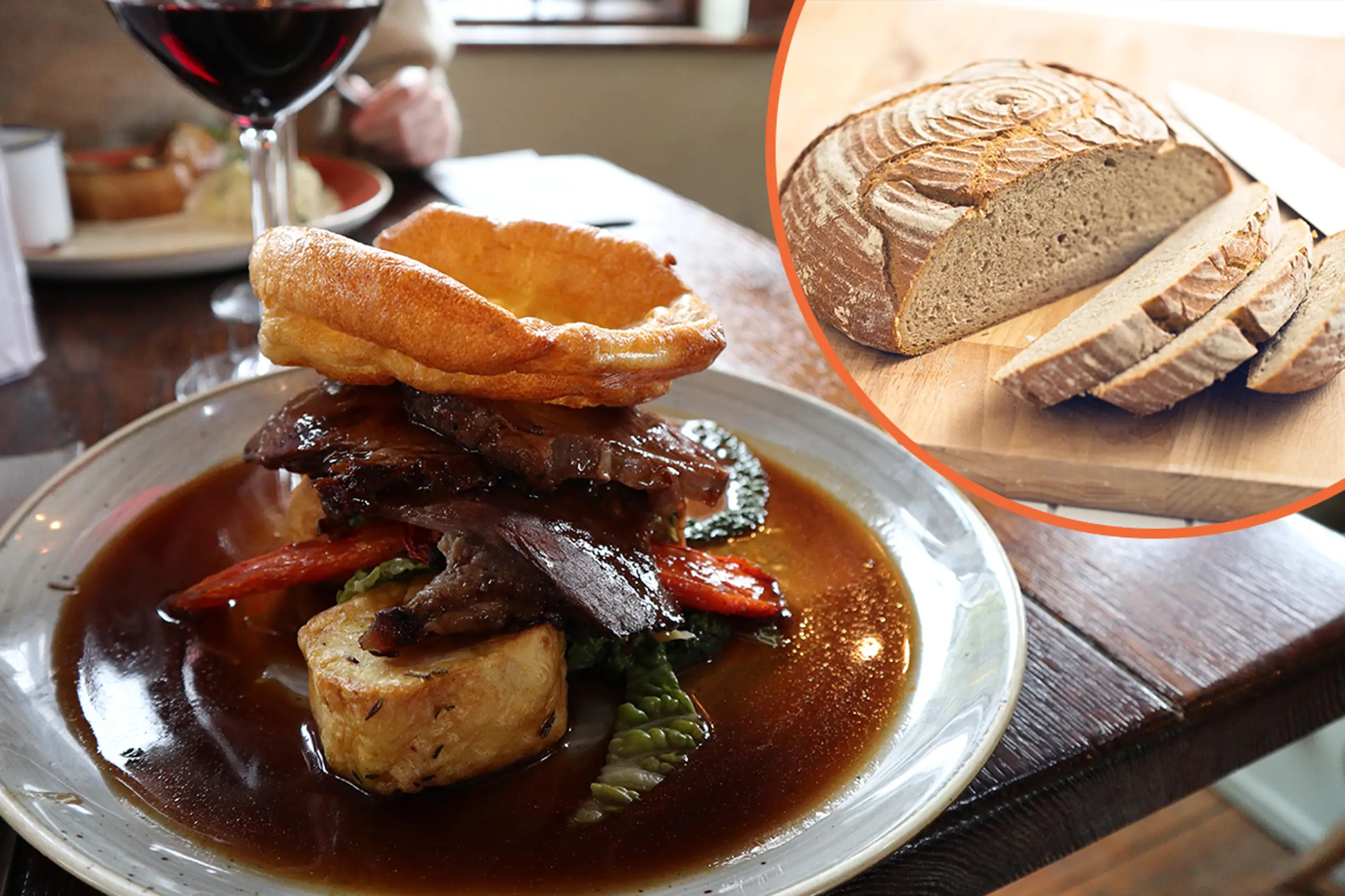Roast Dinner
8 tips to make the perfect roast potatoes for a delicious Sunday dinner this Easter
01 Apr 2021
5m
Roast potato hacks can be risky – if they go wrong, Sunday is simply ruined. When you’ve got a tried and tested formula, the last thing you want to do is risk it all on a hair-brained internet theory.
Still, no matter how delicious your spuds might be, there’s always room for improvement.
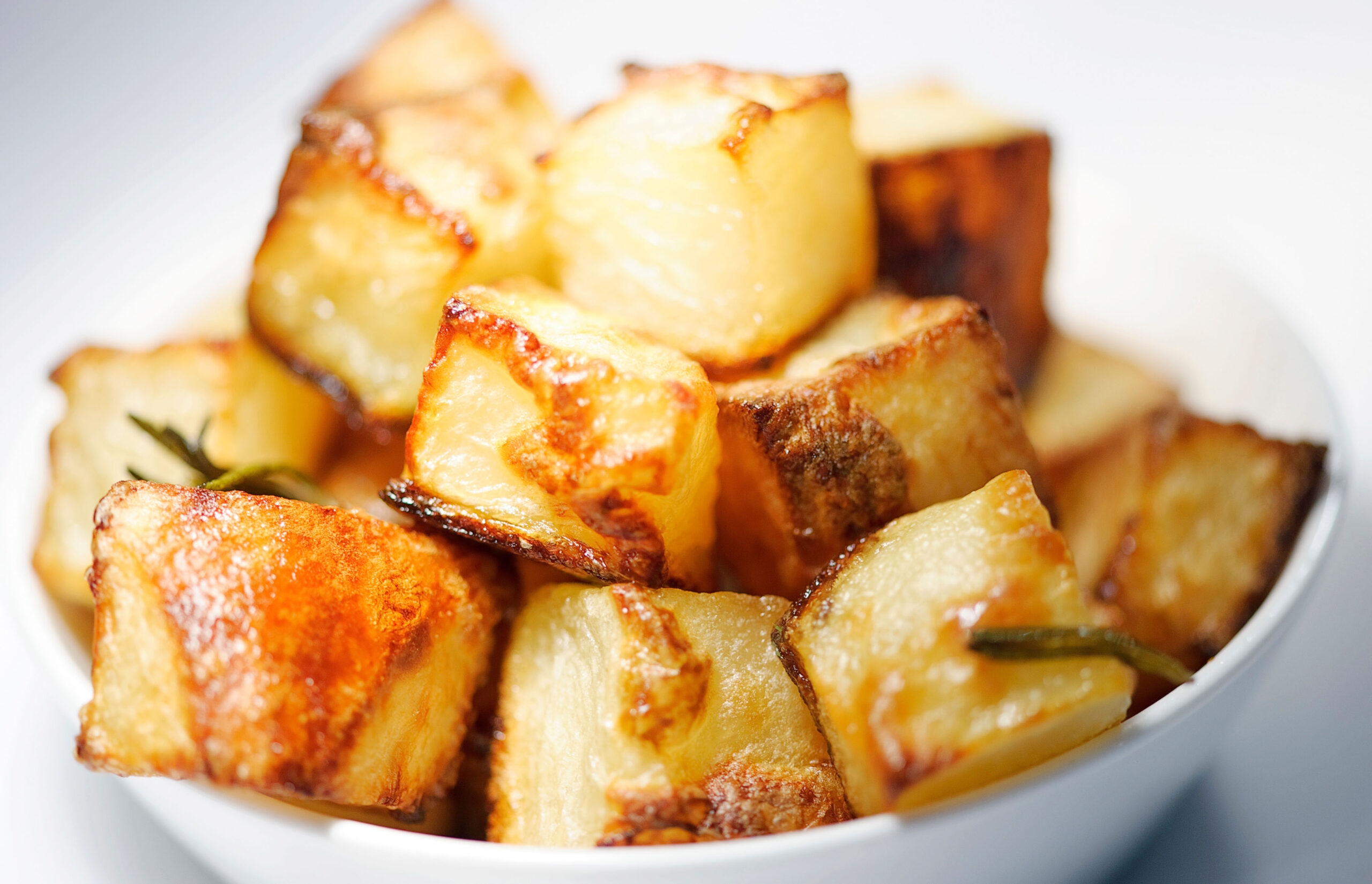 Achieving perfect roast potatoes isn’t always easy (Credit: Alamy/Adam Duckworth)
Achieving perfect roast potatoes isn’t always easy (Credit: Alamy/Adam Duckworth)
Roast potato hacks
To help make your roasties as spectacular as possible ahead of the Easter weekend, we’ve pulled together some proper potato expertise.
READ MORE: 9 best Sunday roasts in the UK that you need to try now
Featuring advice from the Twisted kitchen, as well as some other pearls of wisdom, here is everything you need to know about making perfect potatoes.
Here is our selection for the ultimate roast potato hacks. Trust us, you won’t be disappointed.
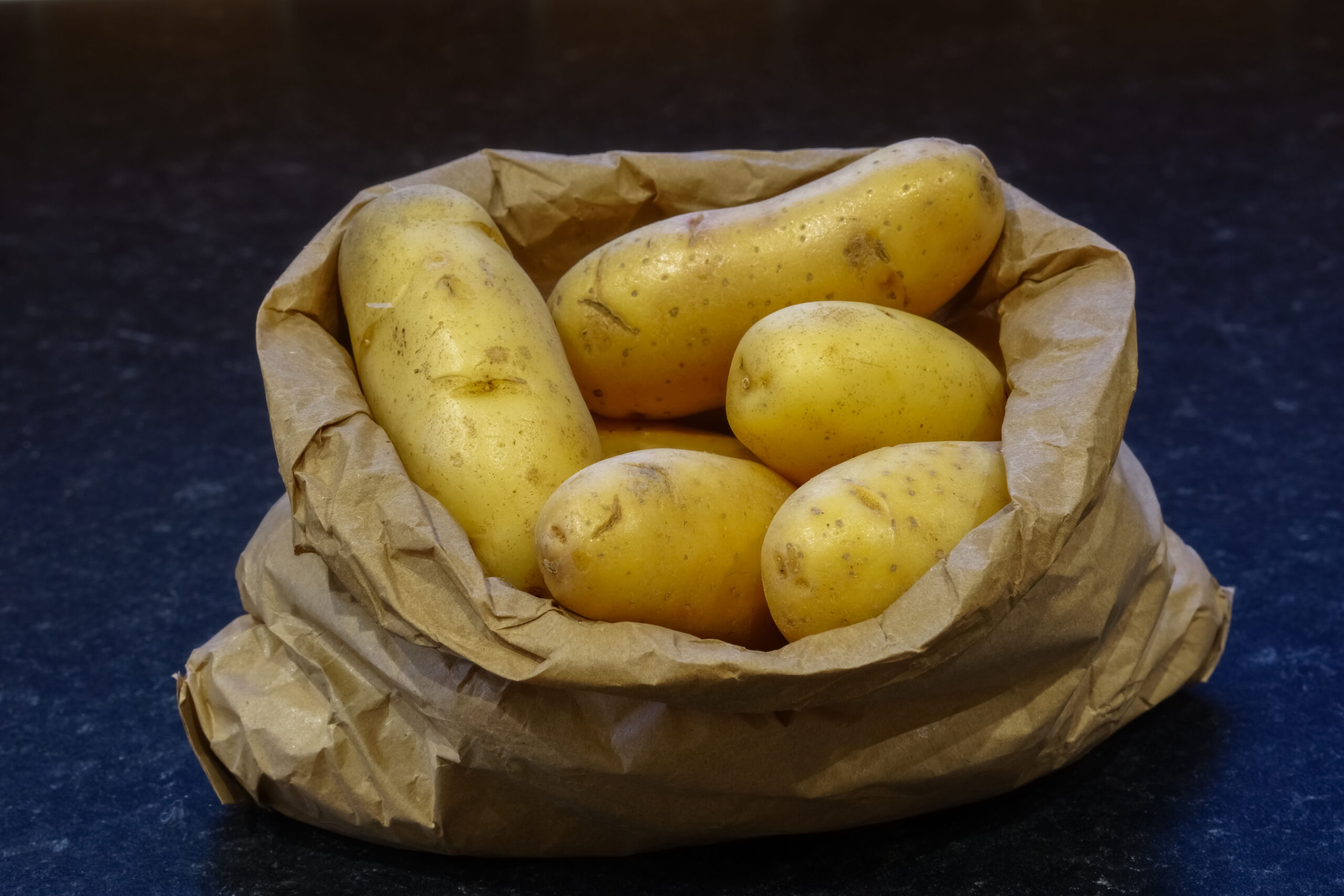 Choosing the right type of potato can make a huge difference (Credit: Alamy/Roger Hall)
Choosing the right type of potato can make a huge difference (Credit: Alamy/Roger Hall)
1. Choose the right potato
When it comes to roasting, not all potatoes were created equal. Anyone who’s ever tried to quickly blast a jacket in the oven knows that not every spud works on the Sunday table.
READ MORE: How Tom Brown Went From The Great British Menu To Winning A Michelin Star
When it comes to choosing your potato, there are a few varieties that are perfect roasters. Floury spuds like Maris Piper, King Edward and Charlotte are all great for balancing fluffy interiors with crispy edges.
If, on the other hand, you prefer a potato that keeps its shape, a waxy choice like a Desiree might be a better option.
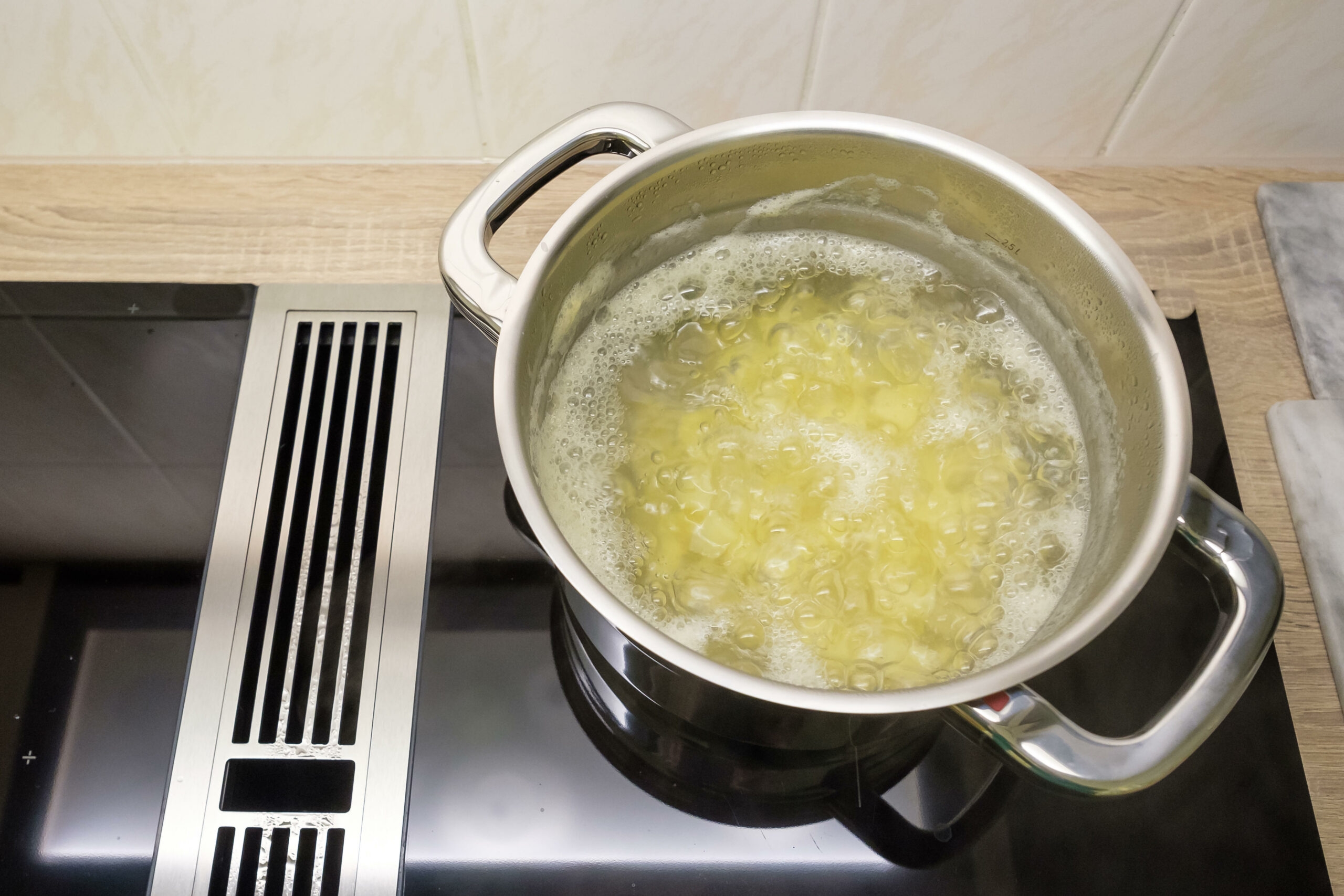 Parboiling times will vary massively depending on the potato (Credit: Alamy/PanthermediaGmBH
Parboiling times will vary massively depending on the potato (Credit: Alamy/PanthermediaGmBH
2. Proper parboiling
Every roast aficionado knows that parboiling is the key to well-cooked spuds. However, this essential part of the process is complicated by the fact that each potato takes a different amount of time to parboil, depending on type and size.
A large, waxy Desiree, for instance, might easily take 11 or 12 minutes to fully parboil. Doing that to a small Maris Piper will likely make the whole thing disintegrate.
READ MORE: How to make roast potatoes crispy – 4 recipes for the best homemade spuds
One tip for parboiling different potatoes comes from Twisted’s own Hugh. As he suggests: “Someone once told me that with floury potatoes it’s good to bring them up to a boil from cold water and with small waxy ones just chuck them in straight to simmering.”
This method should help you avoid any pitfalls, depending on the potato.
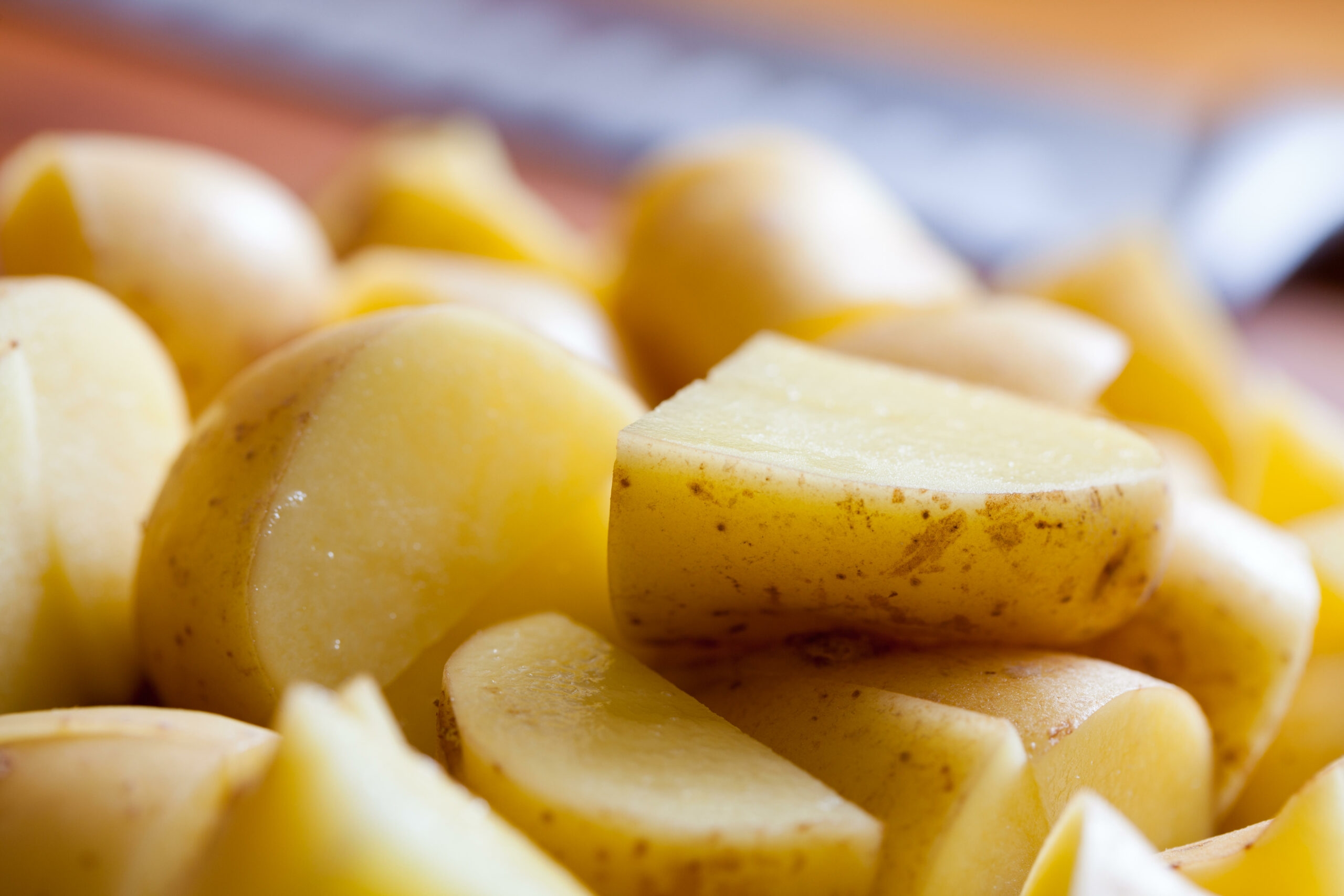 Roughing up boiled potatoes is essential for crispy edges (Credit: Alamy/Derek Phillips)
Roughing up boiled potatoes is essential for crispy edges (Credit: Alamy/Derek Phillips)
3. Rough them up
The key to a good potato coating is to do what you can to crinkle the service. This guarantees crispy, craggy edges after cooking, which, as everyone knows, are always the best bit.
There are a couple of ways to achieve rough sides, apart from giving your potatoes a good shake. One method, preached by none other than Jamie Oliver, is to use a potato masher to gently press your potatoes, causing them to burst slightly.
Another, more surprising method, involved adding a pinch of baking soda to your pan of parboiling water. This apparently, causes the edges to break down naturally, without any need for smashing about.
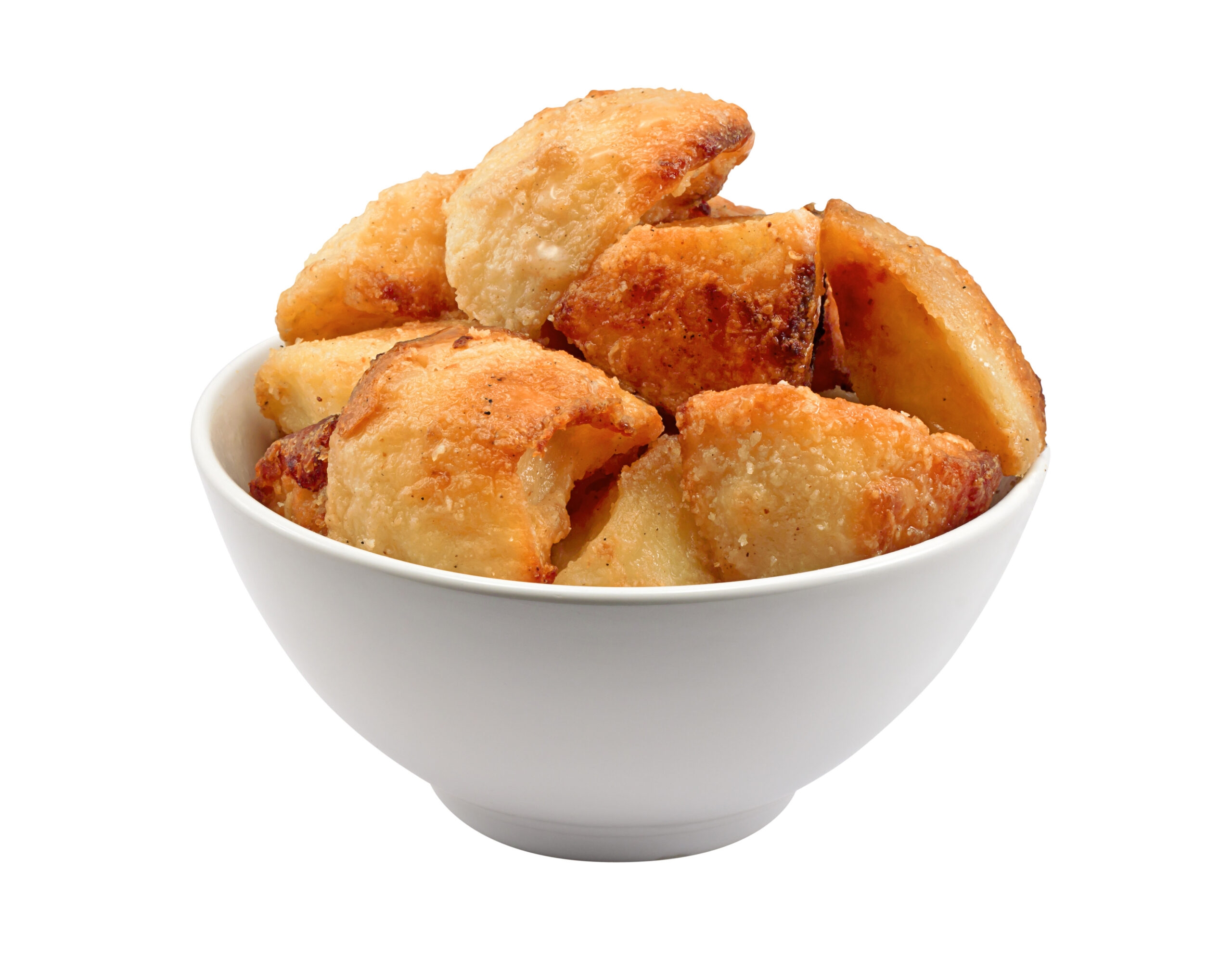 A floury coating is one of many useful roast potato hacks (Credit: Alamy/Stocksolutions)
A floury coating is one of many useful roast potato hacks (Credit: Alamy/Stocksolutions)
4. Floury coating
After parboiling and roughing, you can get straight to cooking. However, if you want seriously flavourful, crispy spuds, we believe that there’s another essential step.
If you coat your potatoes in seasoned flour, you can create almost a light breading effect, making them even crispier when they hit oil.
The flour itself can be seasoned with anything you like, from sea salt to garlic powder. But by including the floury coating, you can guarantee a better texture.
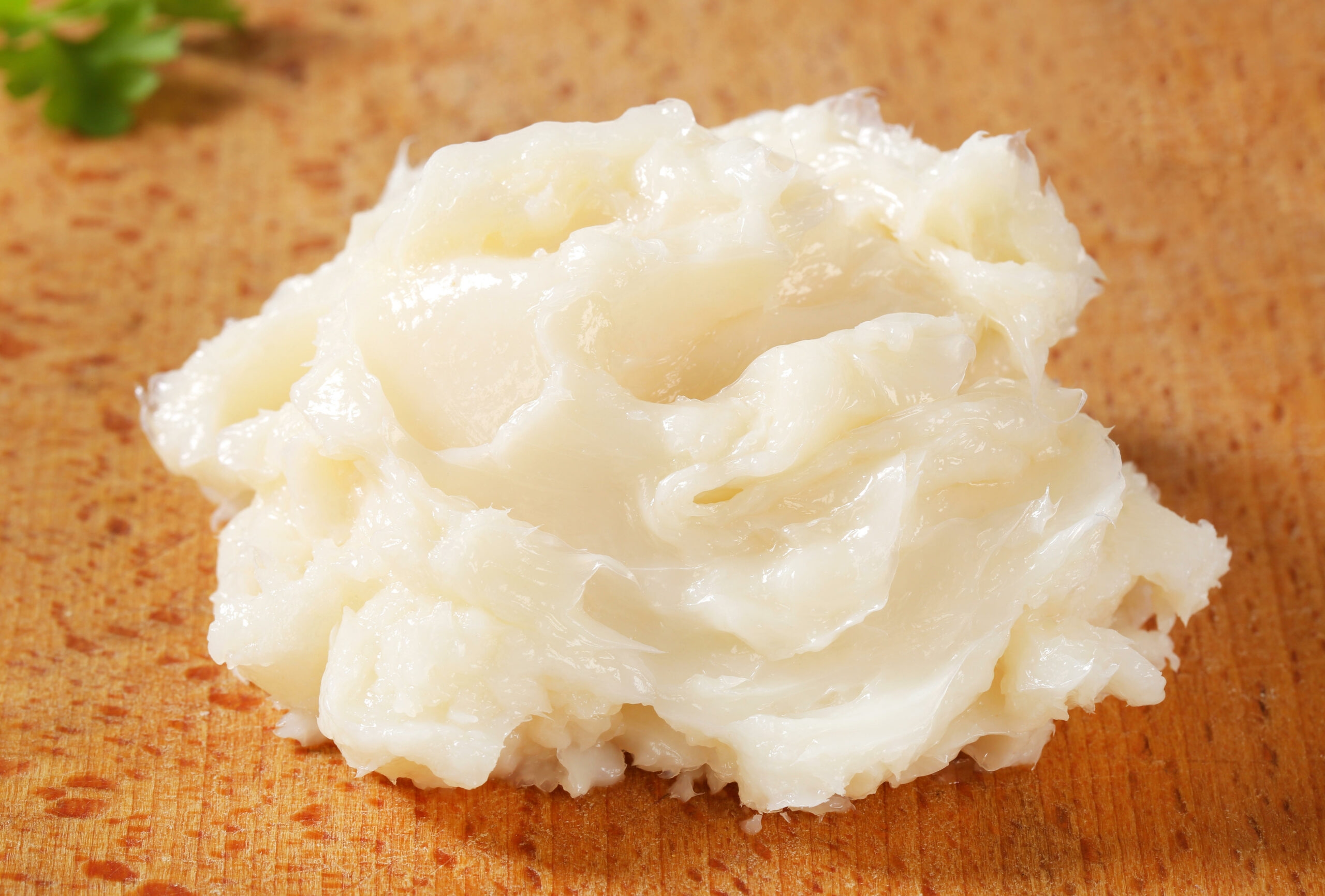 Duck fat is a great alternative to traditional cooking oils (Credit: Alamy/Viktor Fischer)
Duck fat is a great alternative to traditional cooking oils (Credit: Alamy/Viktor Fischer)
5. Know your grease
No roast potato recipe is complete without fat of some kind. Again, your choice of ingredients here is crucial. Many recipes call for using a flavourful oil, such as olive, for this step. This can be a serious mistake.
Olive oil has a relatively low smoke point, which means that when it reaches a high heat it can quickly become acrid and unpleasant.
READ MORE: We tried The Rock’s cheat-day pancake recipe and it was pretty mind-blowing
Instead, if you want to impart extra flavour, it’s best to use goose or duck fat, which both have an extremely high smoke point. Plus, they’re also incredibly delicious and add real depth to your potatoes.
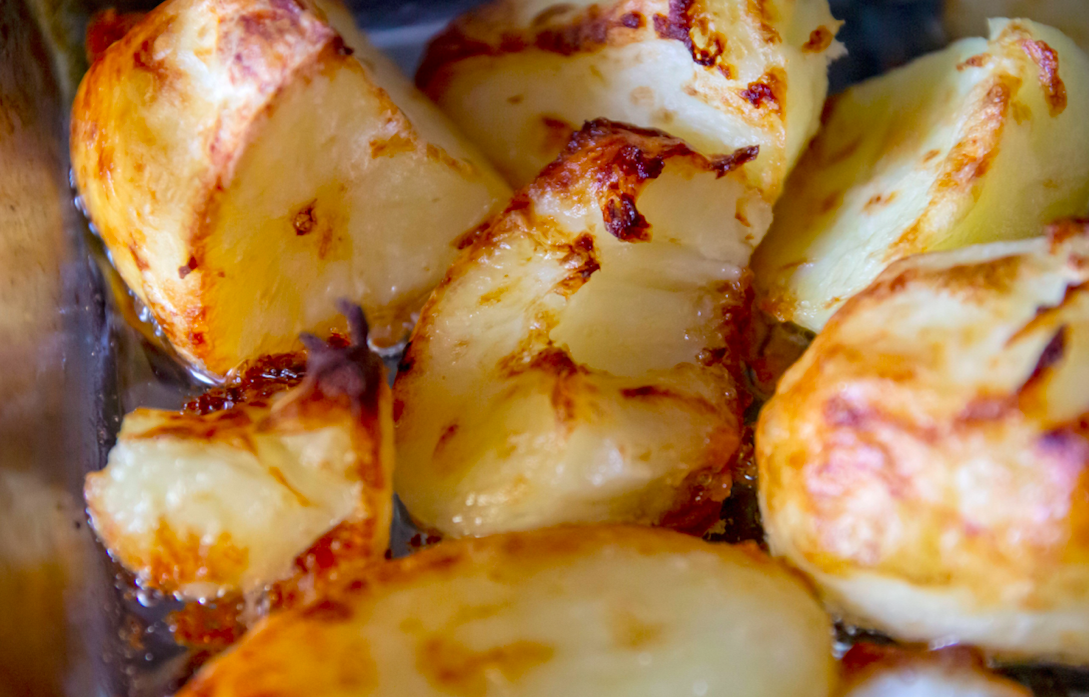 Hot oil is essential for creating a crisp outside (Credit: Alamy/Pamela Reynolds)
Hot oil is essential for creating a crisp outside (Credit: Alamy/Pamela Reynolds)
6. Hot oil
The reason why smoke point is so important is that any oil you use has to be seriously hot. You can do all the prep in the world, but if you don’t have scalding oil, you won’t get crispy edges.
To make matters worse, if your oil temperature is too low, you run a serious risk of making your potatoes greasy.
In order to avoid this, we suggest pre-heating your oil at the same time as you parboil. This will ensure that, by the time you have fished roughing and seasoning, your oil should be at the right temperature.
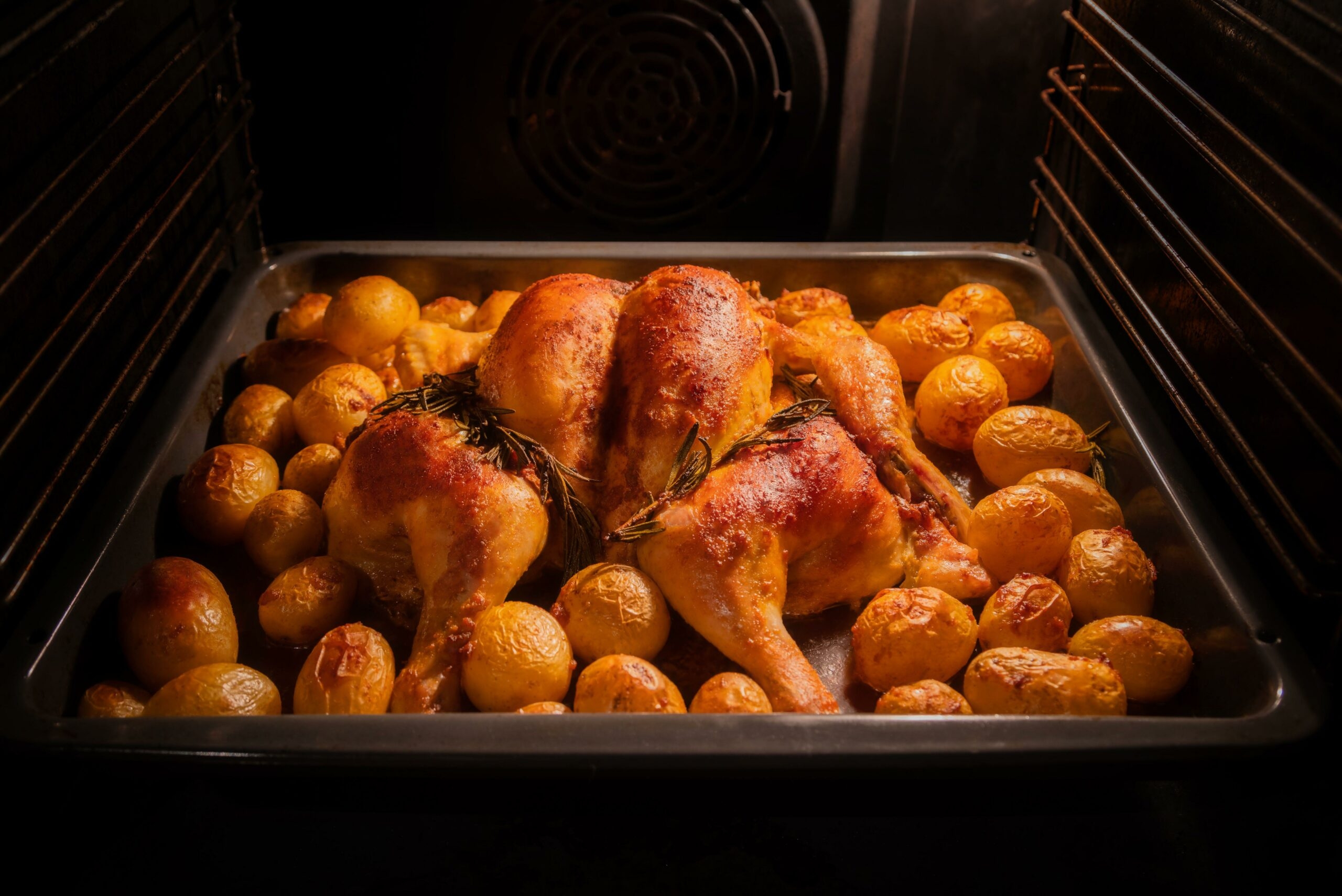 Potatoes and meat don’t always cook at the same time (Credit: Alamy/JaCrispy)
Potatoes and meat don’t always cook at the same time (Credit: Alamy/JaCrispy)
7. High heat
High heat isn’t just important for the oil stage of the process. If you want crisp spuds, things need to be hot throughout.
Part of what makes roasting potatoes quite tricky is that, in an ideal world, you’d probably cook them at a different temperature to your meat. Unfortunately, unless you happen to live in a professional kitchen, multiple ovens isn’t always an option.
To rectify this, we suggest giving our potatoes a blast at a higher temperature once your meat is out of the oven. This will help crisp things up and should mean crispy edges.
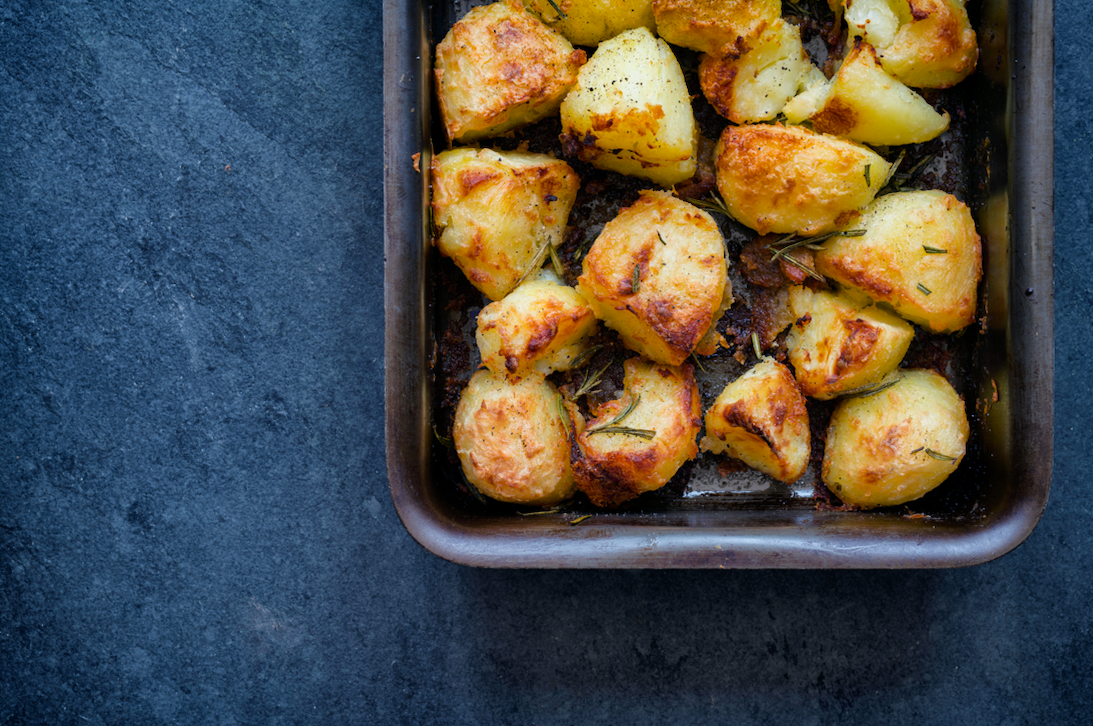 It’s a good idea to get rid of excess fat before service (Credit: Alamy/Tim Gainey)
It’s a good idea to get rid of excess fat before service (Credit: Alamy/Tim Gainey)
8. Strain before service
As we’ve established, fat is an essential part of the roast potato process. That said, no one wants a spoonful of grease to go with their spud.
In order to avoid a greasy finish, we suggest removing the potatoes from whatever tray they were cooked in. This should help them shed any excess fat and will mean that they aren’t standing around in a layer of oil.
At the very least, they’ll certainly look more presentable when they arrive on the table!

